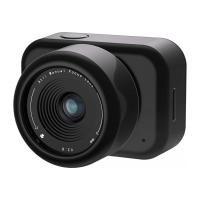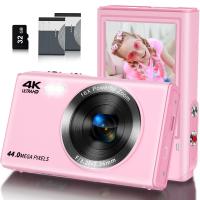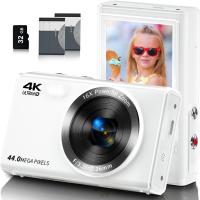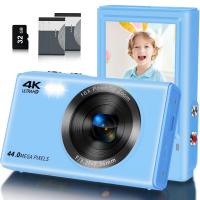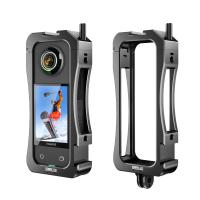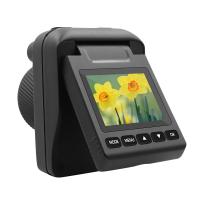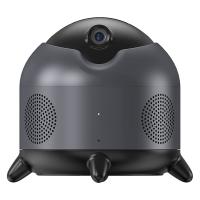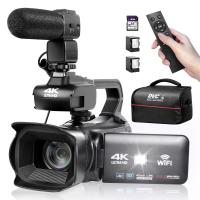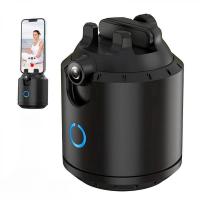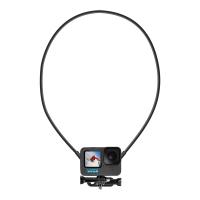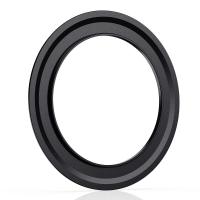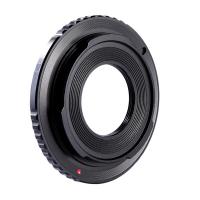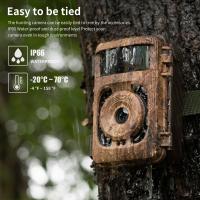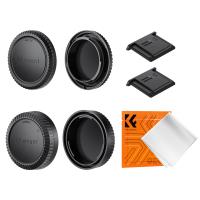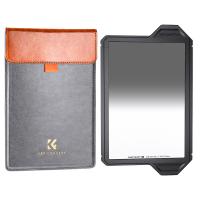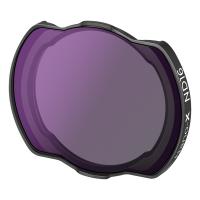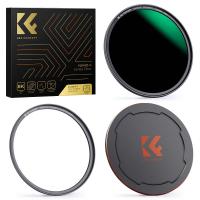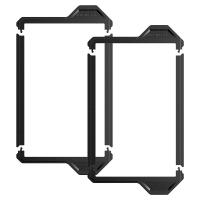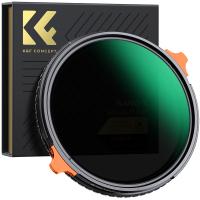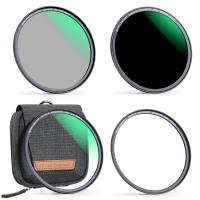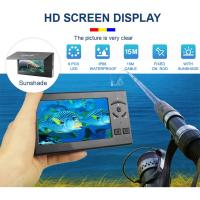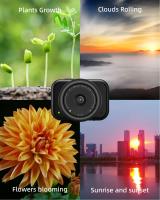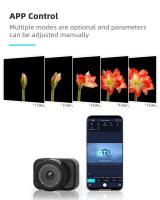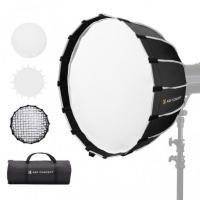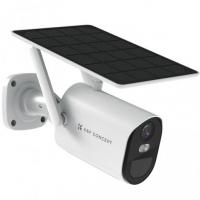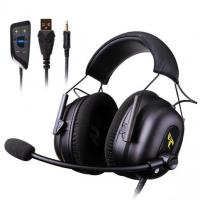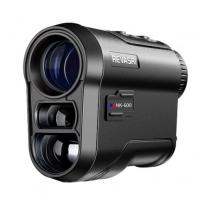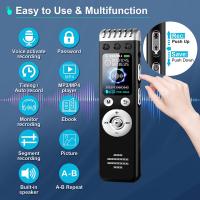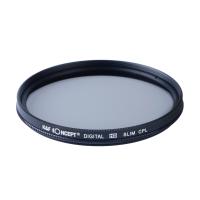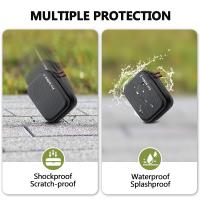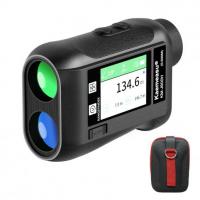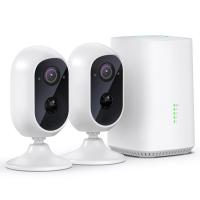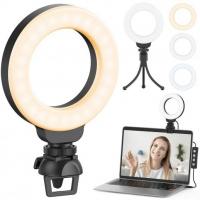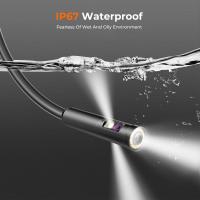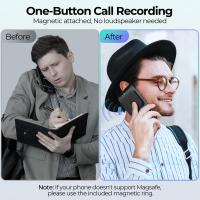Which Camera Is Best For Video Shooting?
Choosing the Best Camera for Video Shooting: A Comprehensive Guide
With the exponential growth of digital content creation, video shooting has become an essential skill for many professionals and hobbyists alike. Whether you are a vlogger, filmmaker, YouTuber, or digital marketer, having the right camera can make a significant difference in your video quality. The market is saturated with options, each boasting unique features and benefits. Consequently, identifying the best camera for video shooting can be daunting. In this guide, we’ll explore the key factors you should consider when choosing a camera and recommend some top choices.
Understanding Your Needs
Before diving into specific models, it’s important to identify your primary requirements:
1. Purpose of Shooting: What kind of videos do you intend to shoot? Will it be vlogs, cinematic films, tutorials, documentaries, or live events?
2. Budget: What is your budget? Cameras can range from a few hundred to several thousand dollars.
3. Portability: How mobile do you need your setup to be? If you’re constantly on the go, a lightweight and compact camera might be a priority.
4. Skill Level: Are you a beginner or an experienced videographer? Some cameras are user-friendly, whereas others may require more technical know-how.
5. Special Features: Do you need features like 4K recording, image stabilization, slow-motion capabilities, or high dynamic range (HDR)?
Key Features to Consider
When evaluating cameras for video shooting, pay attention to the following features:
1. Resolution: Higher resolution translates to crisper, more detailed videos. While 1080p is often sufficient, 4K is becoming the new standard.
2. Frame Rate: Different frame rates serve different purposes. For instance, 24fps gives a cinematic feel, while 60fps and above are great for slow-motion.
3. Autofocus: Reliable autofocus is crucial, especially for dynamic shooting situations.
4. Low Light Performance: A camera with good low light performance can handle various lighting conditions without sacrificing video quality.
5. Stabilization: Optical or electronic image stabilization helps reduce camera shake, yielding smoother footage.
6. Audio: Quality audio is often overlooked. Ensure your camera has a good built-in microphone or external mic input.
7. Battery Life: Longer battery life minimizes interruptions, which is particularly important for events or long shoots.
8. Connectivity: Features such as Wi-Fi, Bluetooth, and HDMI output can be useful for transferring files and live streaming.
Top Camera Recommendations
Based on extensive market analysis and user feedback, here are some of the best cameras for various video shooting needs:
For Vlogging:
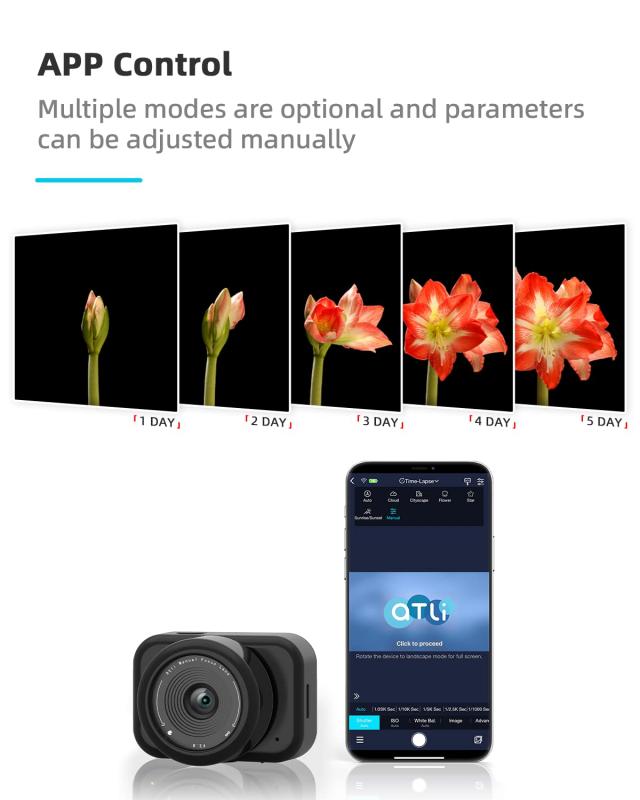
Sony ZV-1
- Resolution: 4K
- Autofocus: Excellent, real-time eye autofocus
- Stabilization: Optical stabilization
- Audio: Built-in microphone with windscreen and external mic input
- Portability: Compact and lightweight
Why Choose It: Designed specifically for vloggers, the Sony ZV-1 is a compact powerhouse. It offers 4K recording, reliable autofocus, and excellent audio capabilities. Its vari-angle LCD screen also makes it easy to frame shots when recording yourself.
For Cinematic Shoots:
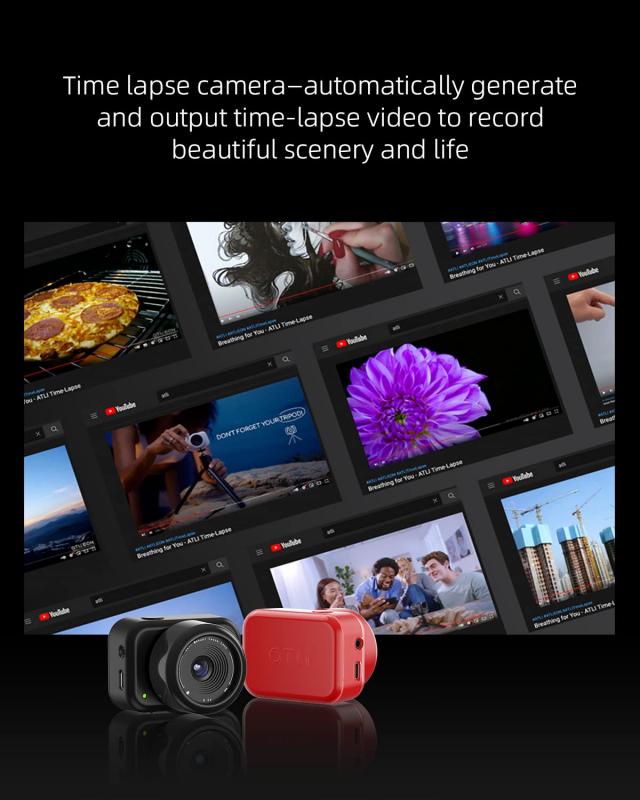
Panasonic Lumix GH5
- Resolution: 4K/6K
- Frame Rate: Up to 60fps in 4K, 180fps in Full HD
- Low Light: Good, with dual I.S. (Image Stabilizer)
- Stabilization: 5-axis in-body stabilization
- Audio: High-quality preamps with multiple external mic options
Why Choose It: The Lumix GH5 is a favorite among filmmakers for its exceptional video quality and wide range of features. With high frame rates for slow-motion, in-body stabilization, and robust audio options, it’s well-suited for cinematic productions.
For Beginners:
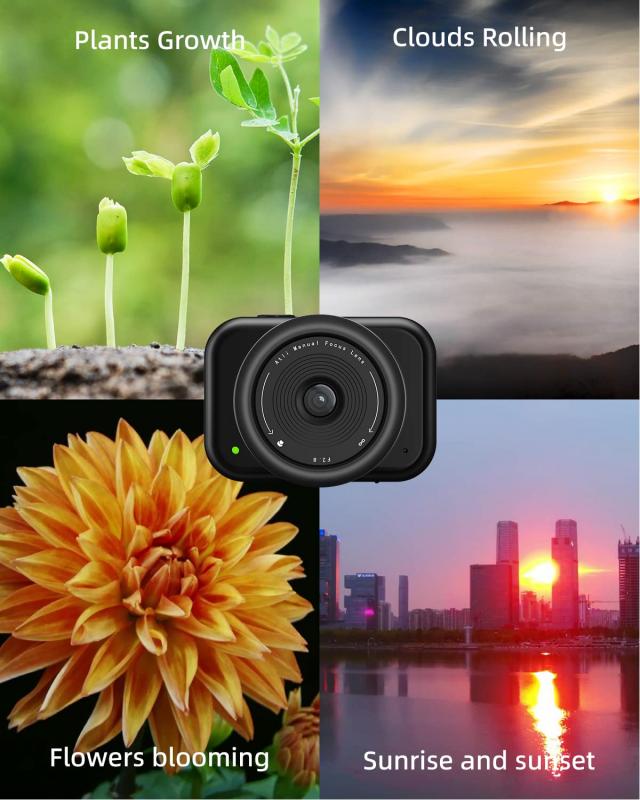
Canon EOS M50 Mark II
- Resolution: 4K
- Autofocus: Dual Pixel CMOS AF
- Stabilization: Digital IS
- Audio: Built-in microphone and external mic input
- Ease of Use: Intuitive interface with guided UI
Why Choose It: User-friendly and affordable, the Canon EOS M50 Mark II is a great entry-level camera for video shooting. It offers dependable autofocus, 4K capability, and a touch-screen interface that simplifies settings adjustments.
For Professional Videographers:
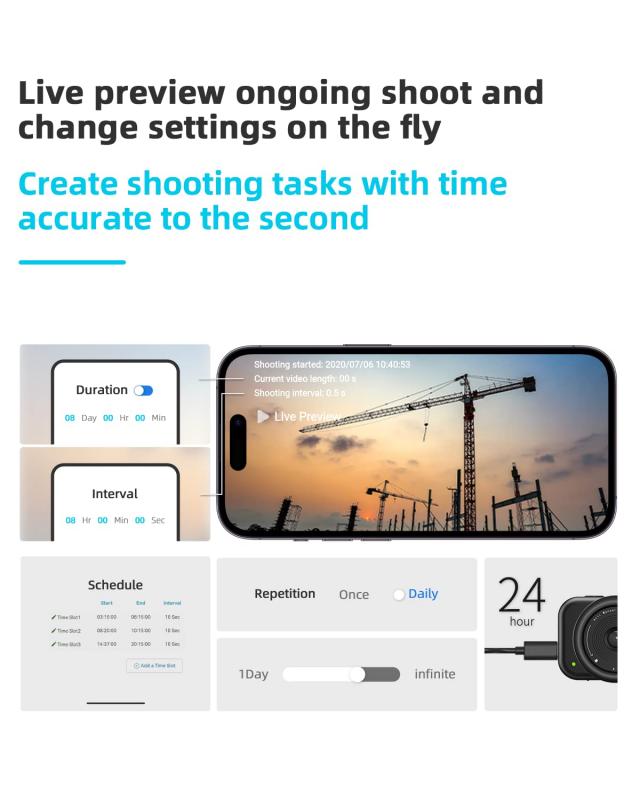
Sony A7S III
- Resolution: 4K
- Frame Rate: Up to 120fps in 4K
- Low Light: Exceptional with high ISO range
- Stabilization: 5-axis in-body stabilization
- Audio: Superior audio options with multiple inputs and preamps
Why Choose It: The Sony A7S III is renowned for its low light performance and high frame rate capabilities, making it a top choice for professional videographers. It also offers advanced customization options, robust weather-sealing, and detailed 4K recording.
For Budget-Conscious Creators:
Panasonic Lumix G85
- Resolution: 4K
- Stabilization: 5-axis in-body stabilization
- Audio: Decent built-in microphone with external mic input
- Portability: Compact and relatively lightweight
Why Choose It: The Lumix G85 provides excellent value, delivering high-quality 4K video, effective in-body stabilization, and sufficient audio capabilities at a fraction of the cost of high-end models. It is ideal for content creators working within a budget.
For Live Streaming:
Logitech StreamCam
- Resolution: 1080p (Full HD)
- Frame Rate: 60fps
- Autofocus: Smart autofocus
- Connectivity: USB-C
- Additional Features: Built-in dual microphones
Why Choose It: Optimized for live streaming, the Logitech StreamCam offers Full HD resolution at 60fps, ensuring smooth video quality. Its reliable autofocus and built-in microphones are perfect for real-time content creation on platforms like Twitch or YouTube Live.
Conclusion
Choosing the best camera for video shooting involves considering a range of factors, including your specific needs, budget, and desired features. Whether you’re a beginner looking for something user-friendly or a professional in need of a high-performance tool, there is a camera out there for you. By understanding what you value most—whether it's portability, advanced features, or affordability— you can make an informed decision and invest in a camera that enhances your video production quality.
Remember, the best camera is the one that fits your specific requirements and helps you tell your story most effectively. Don't get overwhelmed by the plethora of options, focus on what will best serve your particular use case, and start creating stunning videos that captivate your audience.


